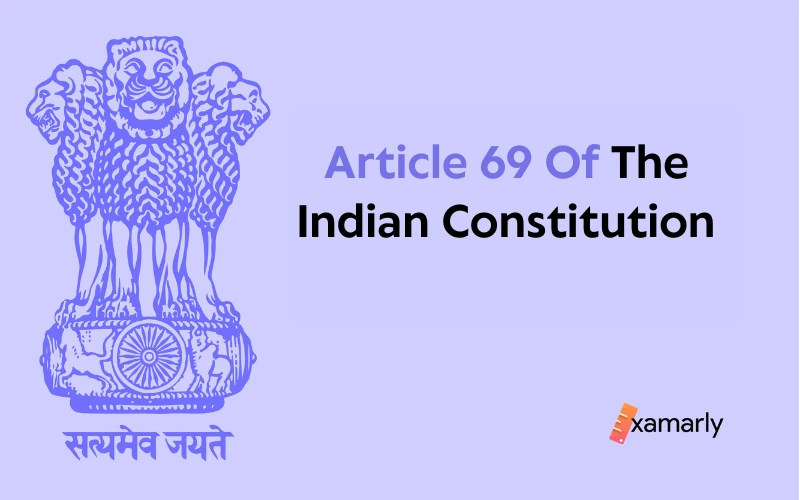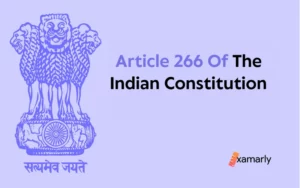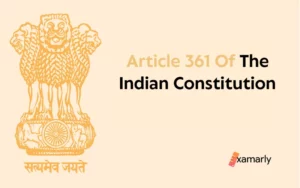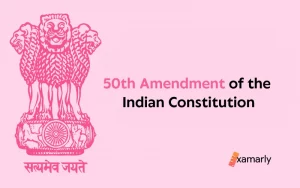Article 69 of the Indian Constitution deals with the oath or affirmation taken by Vice-President.
After the president, the vice president holds the second-highest constitutional post, and he or she comes first in the line of succession to the presidency.
In addition to serving as the ex officio chairman of the Rajya Sabha, the vice president is a member of the Indian Parliament.
Also, in the absence of the President, the vice-president is the one who carries out the duties and responsibilities of the first person of India.
Thus, like any other Government official, he is also required to swear and affirm that he/ she will carry out the duties in a required manner.
The oath or affirmation that Vice-President take is outlined in Article 69 and this page gives you a knowledgeable insight about it.
Article 69 Of The Indian Constitution
Before beginning their duties, each vice president must take an oath or affirmation and swear it in front of the president or another person designated by him.
He pledge to uphold the Indian Constitution in its legally prescribed manner with full faith and loyalty.
Oath Or Affirmation Of The Vice-president
- Prior to joining an office to execute his/ her duties, he is entitled to take an oath or affirmation.
- The Vice-President is sworn in by the Indian President or any other official designated on his behalf.
What Does The Vice-President Promise?
What exactly does the Vice-President’s oath contain?
The Vice-President is supposed to publicly pledge to uphold certain ideals and carry out specific tasks that have been delegated to him, just like anyone other holding a key government official.
The Vice-President makes the following commitments here:
- He will abide by the law and bear true faith and allegiance to the Indian Constitution.
- He’ll perform the duty he’s about to take on with fidelity.
Who Administers The Oath Ceremony?
The Vice President’s oath of office shall be administered by the President of India.
If the president is not present when the oath is administered, another person of the president’s choice will do so.
Why Oath Is Significant?
The taking of the oath is a significant ceremonial act that marks the beginning of a person’s time in office. It is also a way for the official to publicly commit to the obligations, responsibilities, and duties that come with holding public office. The effectiveness of a public official’s service will be significantly impacted by his or her ability to uphold such commitment.
Conclusion
One of the most significant and important posts in our nation is that of the vice president of India. The Vice-President took an oath before performing these duties, as stated in Article 69.
The vice-President is the second-highest official in India and to know more about him/her and other articles read the standard books or check out the linked articles to prepare for Indian Polity and give an edge to your UPSC Preparation.
FAQs On Article 69
What Is An Oath?
A formal pledge is called an oath, and it is customary for the person taking the oath to invoke God or another object they regard as sacred in order to bear witness to their true desire to keep their word. In this way, the oath was historically believed to bind the person taking it to both a higher moral authority as well as the laws of man.
Who Administers The Vice President’s Oath Of Office?
President administers the oath taken by the Vice-President of India. However, if for any reason President is unable to administer it, the person appointed by him will take care of this. This is enshrined in article 69 of the Indian Constitution.
Which Article Deals With The Oath Or Affirmation Of Vice-President?
Article 69 of the Constitution of India deals with the oath taken by the ex-officio chairman of the Rajya Sabha.
What Is The Difference Between Oath And Affirmation?
A public declaration that the individual taking the oath will keep a commitment or carry out a duty faithfully is based on an appeal to a higher authority whereas a vow that is similar to an oath but does not include mention of a higher power is called an affirmation.






